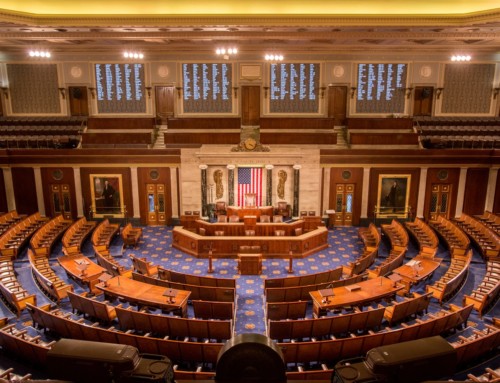By Thomas Graham and Rich Oppel Sr.
“You have to remember one thing about the will of the people: it wasn’t that long ago that we were swept away by the Macarena,” said that great philosopher Jon Stewart.
On Saturday, we saw the voters of Austin, Texas, dancing the Macarena. They voted down 56-to-44 percent a measure that would have allowed Uber and Lyft to write their own ride-sharing rules for this high-tech, apps-crazed city.
The action was uncharacteristically retrograde for this city of early adopters, forestalling – for the moment anyway – an easy landfall for the Internet revolution that has come to be known as the Sharing Economy.
The world is changing dramatically overnight:
We have large transportation companies (Uber, Lyft) without cars. We have huge housing companies (Airbnb, Expedia) without hotels. Our largest retailer (Amazon) has no inventory. An enormous media company (Facebook) produces no content. Each is a marketplace for sharing information and resources.
That’s Austin writ large. We are a city of couch-surfing, ride-sharing techies who basically love Uber and Lyft. If we’re half-loaded at 9 p.m. and need to get home safely, we whip out the smart phone and hit Uber. Some guy in his Camry is there in three minutes. What’s not to like?
So what happened to Austin on May 7?
Uber and Lyft spend $8.7 million in campaigning for Proposition 1, which would have set aside the city’s plans for the modest regulation (fingerprinting drivers, guiding pickup zones) of ride sharing. That’s enough money to elect governors in some states. By comparison, the anti-Prop. 1 people spent about 2 percent as much, $170,000.
The ride-sharing people came across as Big Bullies.
You can’t do that in Texas. While liberal Austin is hardly a prototype for the rest of this conservative state, Texans do share an aversion for outsiders who come in, throw around their weight and money and expect the locals to nod in obeisance.
One important lesson in all of this, nationally and locally, is that a lack of civility produces little more than ongoing strike at all levels, whether in Congress or among the Austin electorate.
For Uber, Lyft and other Sharing Economy players, the battle isn’t lost. Though the ride-sharing companies threatened to pull out of Austin as of today, they really need to sit down with city officials and hammer out a compromise.
Mayor Steve Adler wants to do that. We need ride sharing. Few Austinites want to go back to the days of shabby, dirty taxis that arrived late if at all, and whose drivers paid ransom-like weekly fees to the cab companies for the privilege of driving.
State Sen. Charles Schwertner, R-Georgetown, announced today that he would introduce legislation that allows “legitimate safety or liability” issues to be addressed, but opposes “union-driven efforts to create new barriers to entry for the sole purpose of stifling innovation and eliminating competition.”
There’s no certainty that will pass. Legislation to restrict regulation of shared economy businesses was debated in the 2015 session, but ultimately failed.
Both sides need to give:
• Local governments would be wise to understand that shared economy businesses cannot operate globally with a patchwork of local regulation schemes. Such an approach defeats the inherent and compelling efficiencies of sharing transportation, housing and other mainstays of our economy and culture. Some federal or statewide-imposed consistency is warranted.
• Uber, Lyft, Airbnb must acknowledge that local jurisdictions have the right and power to ensure safety for citizens and that they will be much more amenable to compromise if they are not bullied.
Steve Case, the co-founder and former CEO of AOL, has written a book entitled “The Third Wave” and it’s about the changing nature of the Internet. He explained in a recent interview:
In the first wave, investors were concerned about technology risk; can you build it. In the second wave, it was generally about market risk; can you drive adoption. In the third wave, policy risk and partner risk, will be front and center; can you navigate the regulatory process and establish partnerships with critical organizations.
He’s right.
Faced with a campaign where huge amounts of money are thrown around and state and local concerns are cast aside, Austinites – and probably most Texans – will go nuts and dance the Macarena. Back in your face, Bub.
But we think wisely navigating legislatures, city halls, regulators and the media are key to success for most businesses. It’s time to step back and approach these issues with reason and civility.
Thomas Graham is CEO and Rich Oppel Sr. is senior advisor of Crosswind Media and Public Relations.




